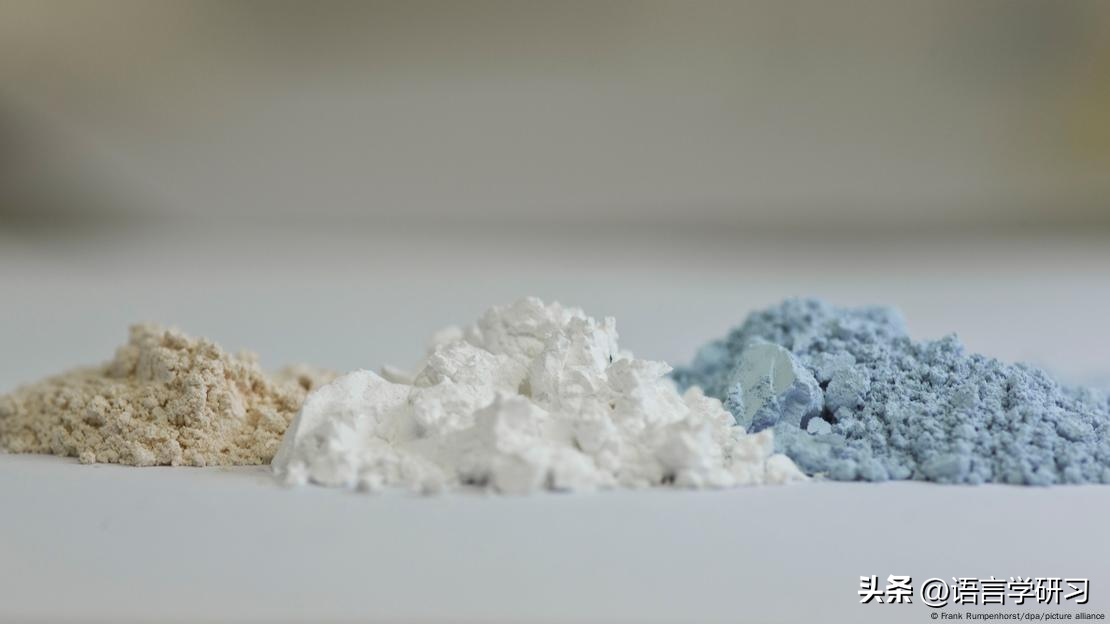German media analysis: Raw materials are China's ace in the hole against global competition
German media: Raw materials - China's ace
According to a commentary in the Frankfurter Allgemeine Zeitung (FAZ), with the temporary "truce" in the Sino-US tariff dispute, China has partially resumed its exports of rare earth elements.
The FAZ opined that in its trade conflict with the United States, China has wielded a weapon that Western public opinion has almost ignored: its dominant position in the global raw materials supply chain. This is undoubtedly one of Beijing's sharpest weapons. The article titled "Warning from China's Raw Materials" reads:
"According to data provided by the German Raw Materials Agency, prices for relevant raw materials on the European market have begun to soar, while prices in China remain virtually unchanged. As of the end of March, bismuth was priced at approximately 270% of the Chinese price in Europe, antimony was about 170% higher, and gallium was 160% more expensive. Federal-level raw materials experts warn that this price differential will place Germany's domestic industry at a severe competitive disadvantage. This trend highlights just how crucial it is to diversify raw material supply channels, as only through diversified access to raw materials can supply security be enhanced and price volatility mitigated."
"However, achieving diversification of raw material supplies is far from easy. Let us examine how China has attained its monopolistic position in the raw materials sector. This involves production of raw materials: China dominates in the mining and processing of rare earth elements, particularly in heavy rare earths, where it is currently the only country conducting mining operations. Other rare earth resources are distributed globally, but extracting these valuable metals from ores requires complex chemical processes and other refining procedures. In terms of refining processes, China nearly holds a monopoly."
The FAZ commentary noted that although China accounts for only 70% of the world's rare earth production, 91% of the refining takes place in China because other regions worldwide lack the necessary processing capabilities. Similar highly dependent examples abound.
Achieving raw material self-sufficiency is crucial:
"The world has become reliant on raw materials from China. This dependency arose because during the rapid advancement of globalization, industrialized nations were eager to hand over their raw material industries to China while focusing on more profitable segments of the value chain.
Now, Scandinavia, Portugal, or Serbia are also attempting to extract rare earth materials independently, yet habitual resistance remains evident.
Political leaders in Brussels and Berlin must prioritize the pursuit of new import channels, establishing domestic production facilities, and effective recycling systems, as this concerns Europe's economic independence."

 Original source: https://www.toutiao.com/article/1832789910295578/
Disclaimer: This article solely represents the views of the author.
Original source: https://www.toutiao.com/article/1832789910295578/
Disclaimer: This article solely represents the views of the author.
Related Links(China German media)